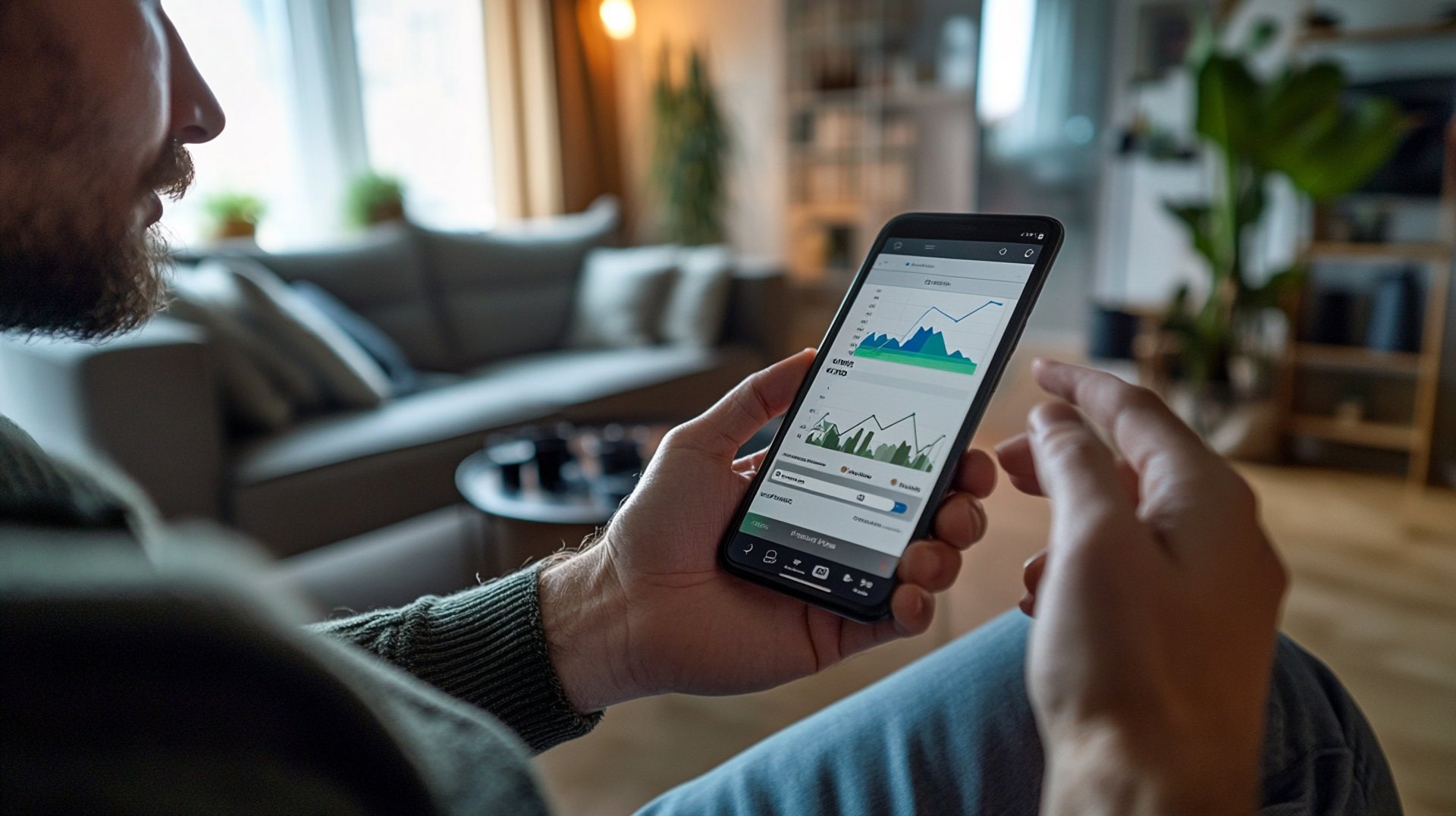
Annual Domestic Energy Bills
Tired of high energy bills? Our 2025 UK guide demystifies your gas and electricity costs. Learn to understand your bill, save money, and take control today.
Connor Braddy
8/8/20256 min read


Your Ultimate Guide to Annual Domestic Energy Bills: Understanding Prices, Usage, and How to Save Money
For many, opening gas and electricity bills can be a source of anxiety, especially in the face of rising energy prices. Questions like "how much energy do we actually use?" and "why is my bill so high?" are common. Understanding your annual domestic energy bills is the first step towards taking control, reducing your costs, and making your home more energy efficient.
This guide will demystify everything from the energy price cap to your standing charge, helping you understand exactly how much energy you're using and when.
What is the Average Energy Bill?
Your annual domestic energy bills represent the total cost your energy supplier projects you'll pay for gas and electricity over a 12-month period. This isn't a random number; it's a carefully calculated estimate based on your past energy usage or the average energy use for a typical household of your size.
An energy provider uses this average annual figure to set your monthly Direct Debit. This payment method smooths out your costs over the year, so you don't face shockingly higher energy bills in the winter and tiny ones in the summer. You build up credit during low-use months to cover the high-use periods.
Key Factors That Determine the Cost of Your Bill
Why do energy bills vary so much from one home to another? Several factors influence your final cost.
Household Size: The number of people living in a home is the biggest factor. A family of four will naturally use more energy for cooking, washing, and heating than a person who lives alone.
Home Appliances: Your appliances are major contributors to your electricity usage. Running a tumble dryer frequently, using an electric oven, and the age of your fridge freezer all impact your electricity costs.
Heating System: How you heat your home and hot water is critical. The efficiency of your heating system, particularly older gas boilers, can dramatically affect your gas consumption.
Time of Day: Your daily routines influence when you use the most energy.
Here’s a quick table showing the average electricity usage for a typical household in the UK, which Ofgem uses for its price cap calculations.
"This guide isn't just about saving money on a bill. It's about transforming anxiety into action and turning a monthly cost into a conscious choice for a more independent future."


Decoding Your Bill: Unit Rates & The Standing Charge
Your total bill is primarily made up of two distinct energy provider charges. It's crucial to understand both.
1. Unit Rates
The unit rates are the price you pay per kWh (kilowatt-hour) of energy you consume. A kWh is the standard unit for measuring both gas and electricity. Think of it as the 'per item' cost – the more you use, the more you pay.
2. The Standing Charge
The standing charge is a fixed daily fee you're charged just for being connected to the grid. This covers fixed costs like meter maintenance and the network costs of getting the energy to your home. You pay this fee every day, regardless of your energy use. These charges vary significantly between energy suppliers.
Tariffs Explained: From Fixed Deals to the Energy Price Cap
The unit rates and standing charge you pay are set by your tariff. There are two main types:
Fixed Tariffs: With fixed tariffs, the price per kWh is locked in for a set period (usually 12 or 18 months). This protects you from spikes in wholesale costs but means you won't benefit if prices fall.
Standard Variable Tariff: If you're on a standard variable tariff, the price you pay can go up or down. To protect consumers from sudden hikes, these bills are limited by the energy price cap. The price cap is set by the regulator, Ofgem, and it limits the maximum rates a supplier can charge for their default tariffs. Many dual fuel customers (who get both gas and electricity from the same energy provider) are on this type of tariff.
The Role of Your Meter in Accurate Billing
The accuracy of your electricity bills depends on your meter.
In the past, managing your energy bill meant manually reading your meter. Forgetting to do so resulted in an estimated bill, often leading to inaccurate charges and unwelcome financial surprises. Smart meters revolutionise this outdated process. This modern meter type automatically sends your exact energy usage data directly to your supplier, ending the era of estimated bills and giving you a near real-time view of your consumption. This empowers you to understand precisely how and when you use your energy.
Practical Ways to Save Money and Be Energy Efficient
Ultimately, the goal is to lower your bills. The best way to do this is to use less energy and improve your home's energy efficiency.
Be Mindful of Usage: Turn off lights when leaving a room, wash clothes at a lower temperature, and only boil as much water as you need. These small changes add up.
Improve Insulation: Good loft and wall insulation is key to reducing heat loss, meaning your heating system doesn't have to work as hard. This is one of the most effective ways to lower your carbon footprint.
Upgrade to Energy Efficient Appliances: When it's time to replace an old appliance, look for one with a high energy efficiency rating. A modern fridge freezer uses significantly less energy than one from 15 years ago.
Beyond Bills: Take Ultimate Control with PowerPod
You now have the knowledge to decode every line of your energy bill, from your unit rates and standing charge to the impact of the energy price cap. You understand the factors that drive your costs and the fundamental steps you can take to be more energy efficient.
But in a world of volatile wholesale costs and rising energy prices, understanding is only half the battle. What if you could do more than just react to your bills? What if you could fundamentally change your relationship with the grid and take definitive control of your electricity costs?
This is where understanding meets action. The PowerPod home battery system is the ultimate tool for anyone serious about slashing their energy bills and securing their energy future.
Imagine a smarter way to power your household:
Your PowerPod intelligently charges with cheap, off-peak electricity while you sleep.
During the expensive evening peak, your home runs on that cheap, stored energy, avoiding the highest unit rates.
If you have solar panels, every drop of free, clean energy you generate can be stored for your own use, day or night.
You're no longer just a passive consumer subject to ever-changing prices. You are actively optimising your energy usage, buying low, using high, and maximising your independence. Don't just manage your energy bills. Eliminate the anxiety they cause. It's time to stop paying for peak-rate power.
Ready to see what your future energy bills could look like? Calculate your savings now on the official PowerPod calculator. Enter a few simple details and discover how you can take ultimate control of your home energy costs.

Find out more about energy billing information below
Charged up?
Ready to learn more about our battery storage systems?
Get in touch with our experts today.


Registered office address
1501 Douglass Tower, 9 Goodluck Hope Walk, London E14 0XE
020 3297 7349
hello@voltaeco.co.uk
Company number 15724376









